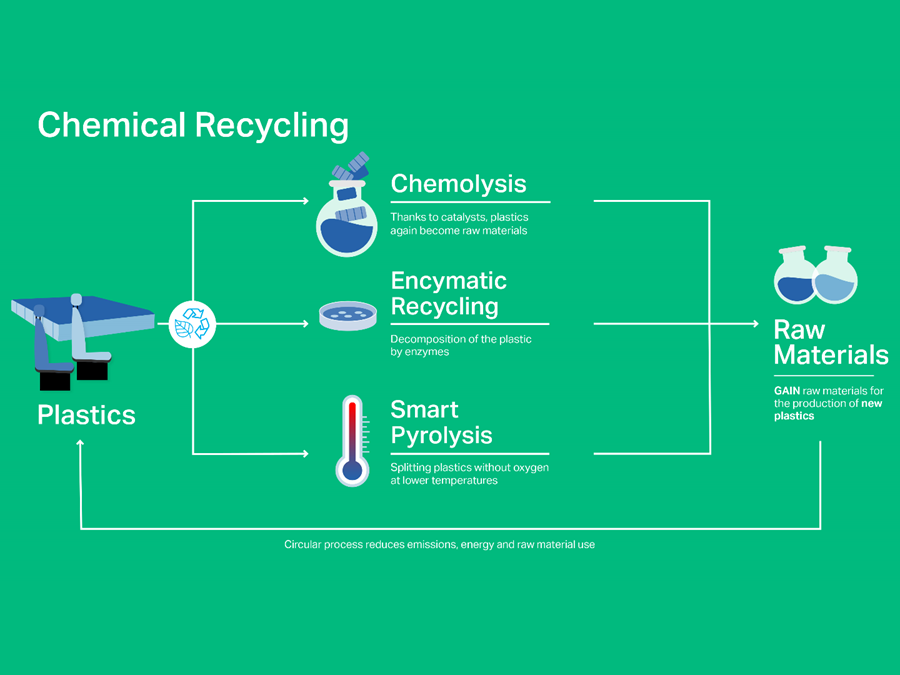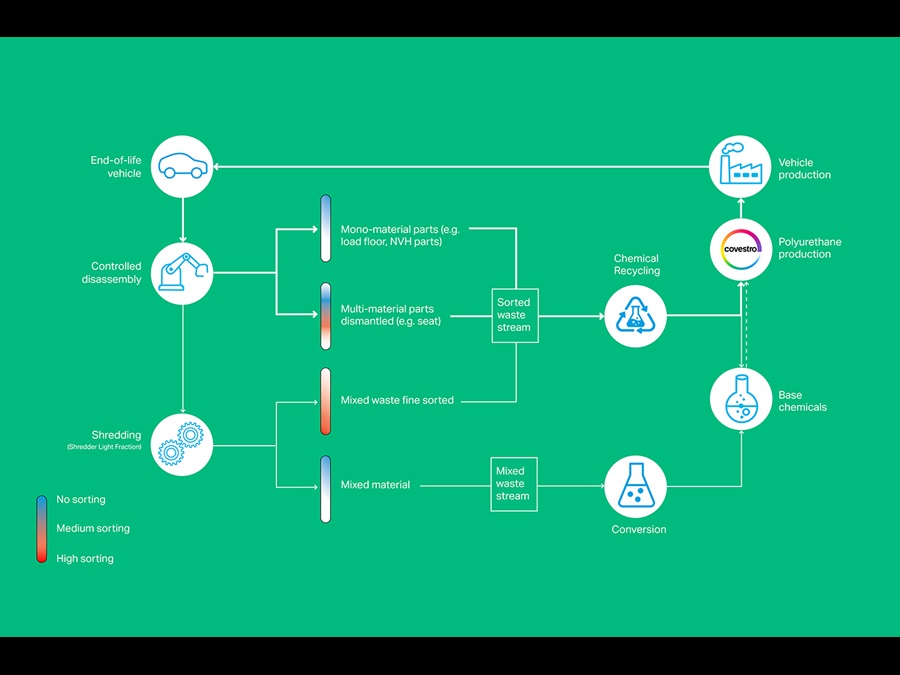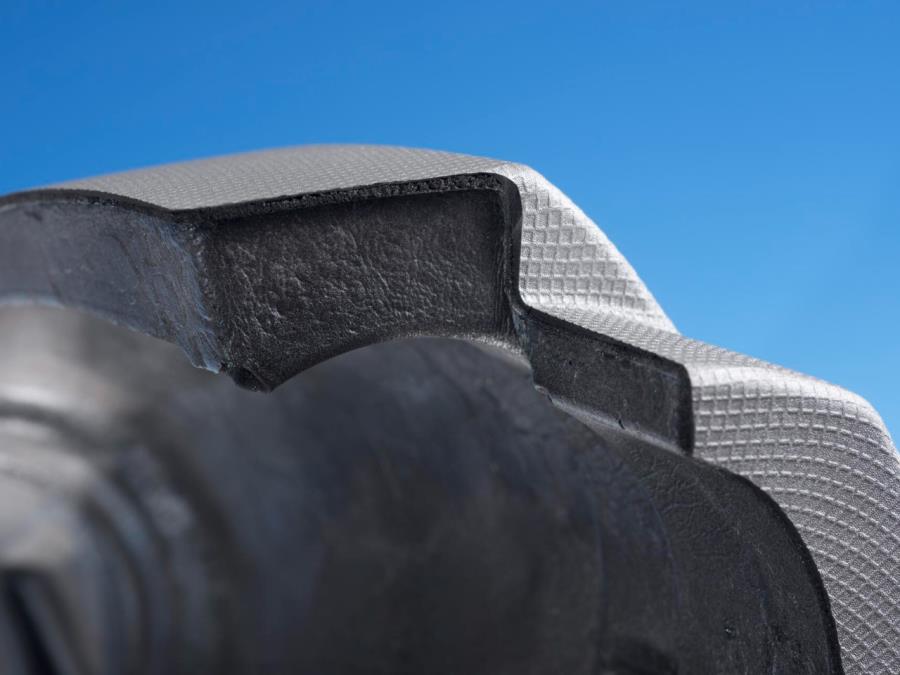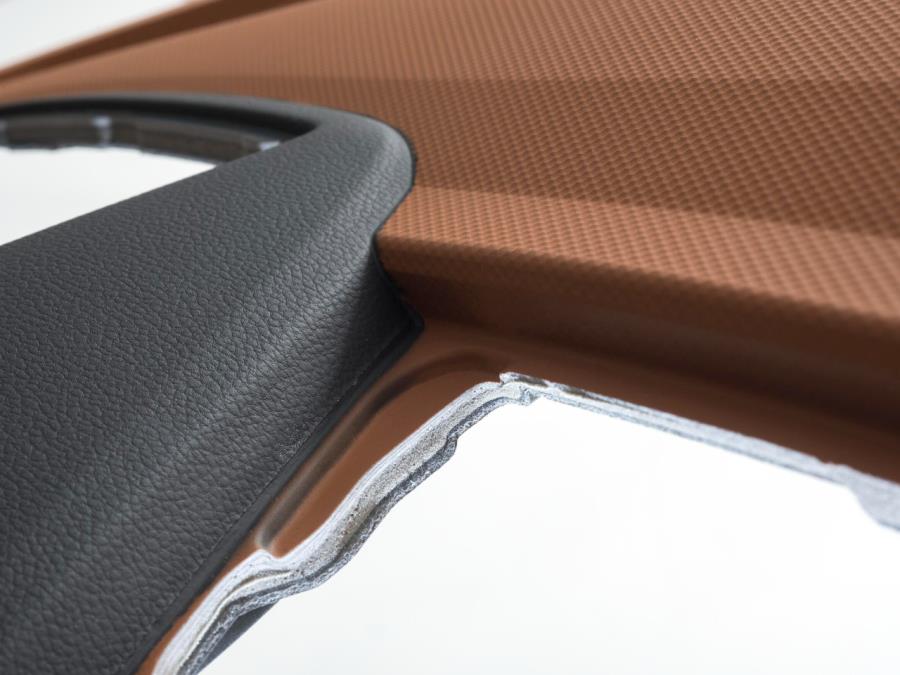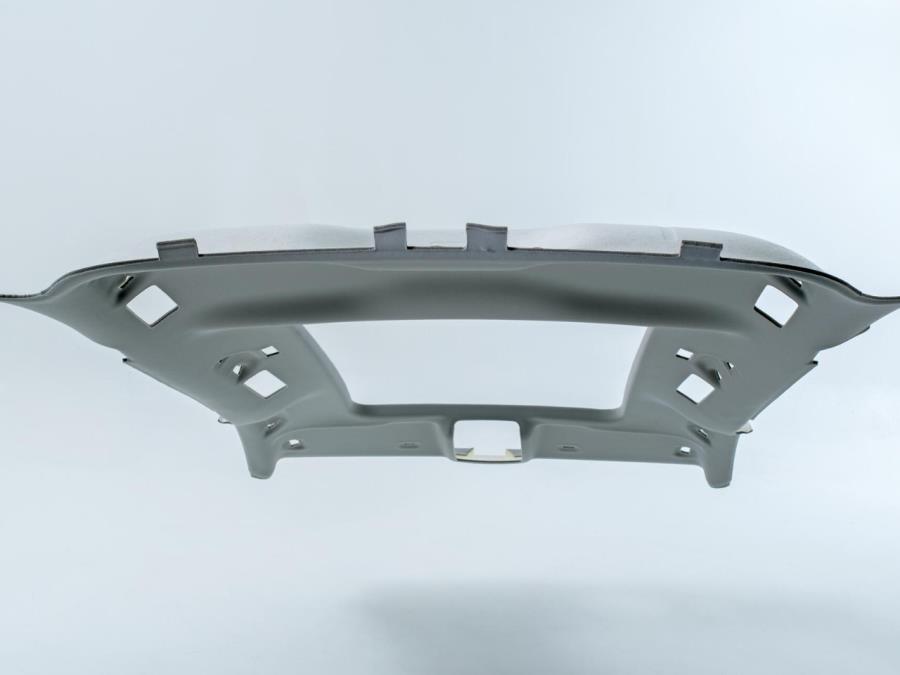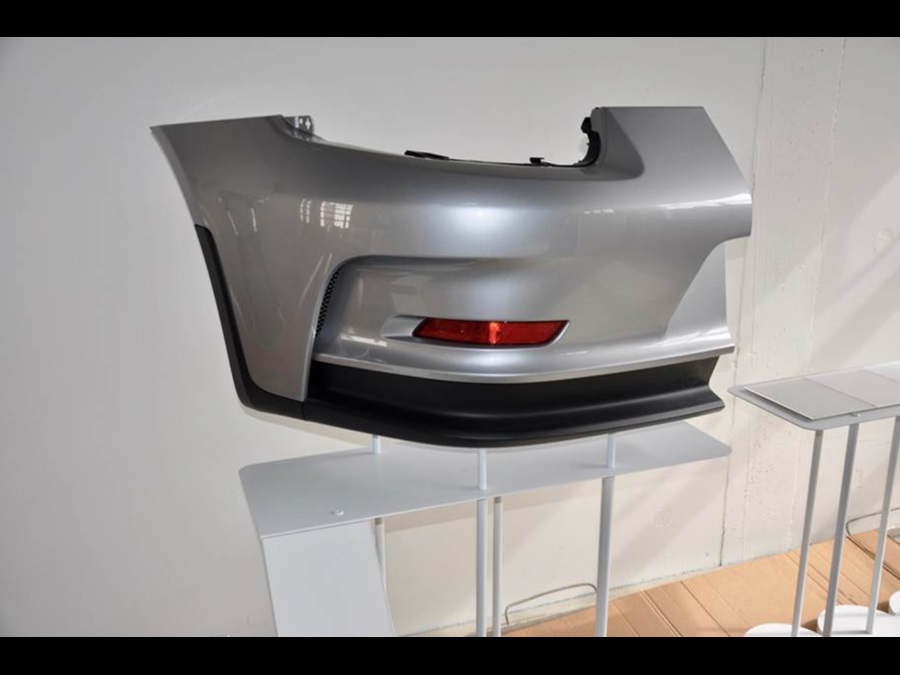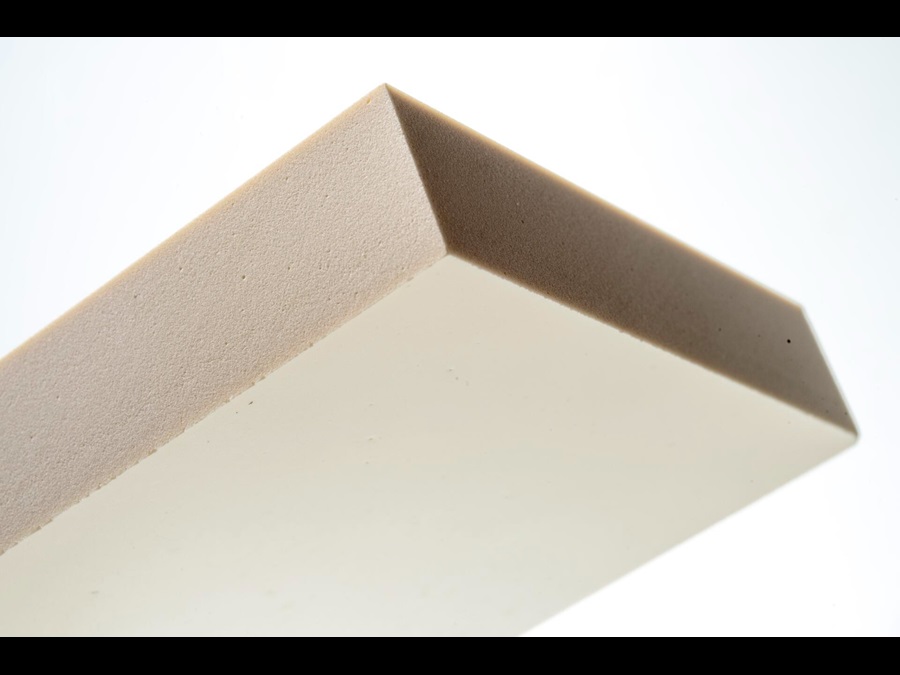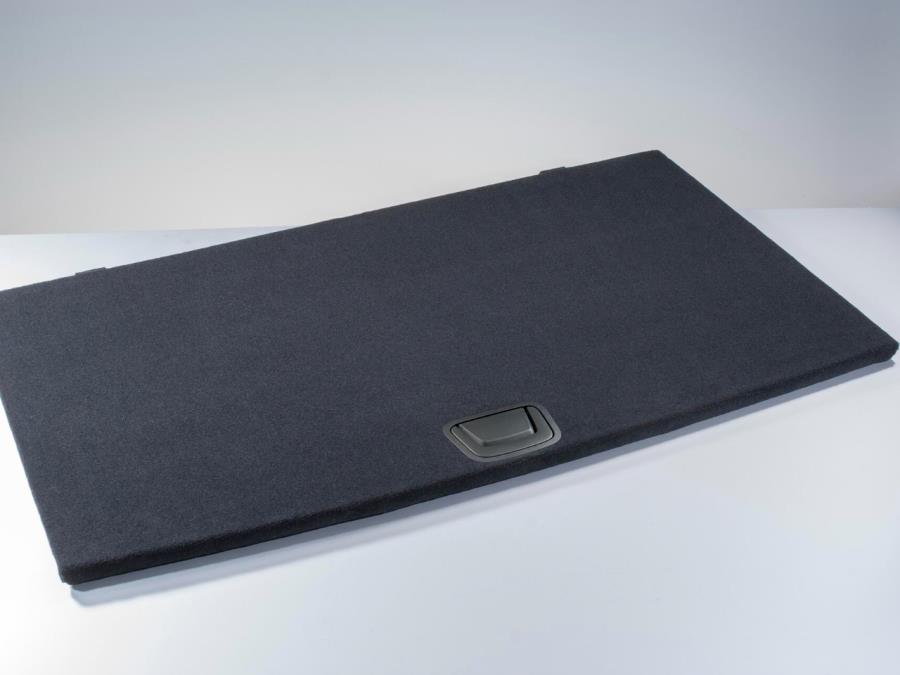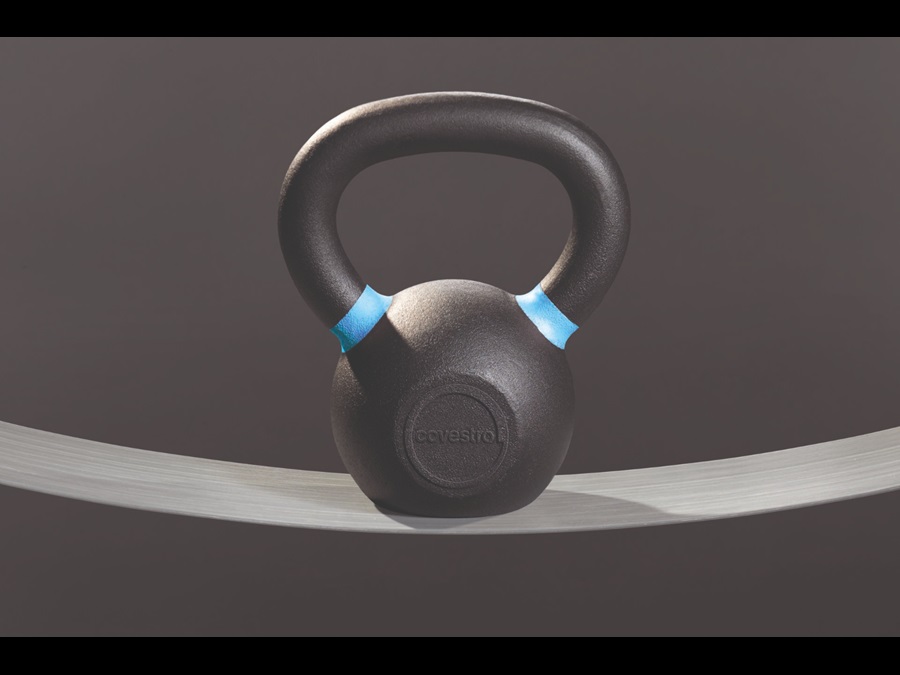
Polyurethane Monomaterial Concepts: Perspectives on Extended Producer Responsibility
Chemical Recycling Efficiency: How Monomaterial Concepts Make the Difference
The transformation to a true closed loop automotive economy requires innovative component material lifecycle concepts. Polyurethane monomaterial designs offer decisive advantages for efficient chemical recycling:
Polyurethane monomaterial concepts are a key to efficient chemical recycling in the automotive industry. They enable to close the material loop and achieve the ambitious goals of the EU End-of-Life Vehicle Directive.
Why Polyurethane is Essential for Automotive Monomaterial Concepts?
Polyurethane offers unique possibilities for monomaterial designs. Whether soft or hard, with high resilience or thermoformable, acoustically effective or thermally insulating, lightweight or compact with paintable Class-A surfaces: The versatile property spectrum of this material enables processors and OEMs to meet sometimes divergent component requirements by combining different PU formulations in the final product. Since all components rely on the same chemical base, the final product design is ideally suited for efficient, single-type recycling. The decisive advantage: Most Covestro PU solutions are already available today and have proven themselves in automotive applications for years.
Polyurethane Design-for-Circularity concepts are a crucial element for efficient chemical recycling and the circularity of plastics in the automotive industry. Therefore, Covestro has developed corresponding component concepts for load floors, acoustic parts, and interior trim.
The innovative PU monomaterial load floor concept transforms traditional designs through consistent material substitution. Instead of the usual paper honeycomb, a specially developed Baynat® foam core is used, offering good mechanical properties with improved recyclability.
The surface design sets new standards: Instead of conventional carpet, a PU-based solution is employed. This can be implemented either through high-quality PU-RIM overmolding or laminatable Platilon® TPU films, which provide a robust, slip-resistant, and seamless alternative tailored to modern interior requirements. Additionally, this material offers the possibility of mono-material recycling, making it more environmentally friendly and resource-efficient. The environmental advantages are significant as the material can be completely recycled at end of service life with no separation of different materials required, leading to reduced waste generation and conservation of valuable resources. This approach brings multiple benefits:
- Improved cleaning properties for longer service life
- Enhanced design possibilities through flexible surface structures
- Improved recyclability through consistent monomaterial design
A monomaterial concept requires the substitution of glass fibers, which currently seems unfeasible at high mechanical requirements. Chemical recycling tests at Covestro have shown that glass fiber can be separated from the recyclable PU building blocks and further processed.
Thus, this innovative component structure creates a recyclable system while maintaining the expected high functionality.
Modern NVH components (Noise, Vibration, Harshness) often require a complex interplay of different material layers. Until now, different materials have been combined, making subsequent recycling difficult and challenging extended producer responsibility. Our innovative PU monomaterial concept combines three specialized PU solutions:
Sound absorption:
Baynat®, a thermoformable, open-cell foam with a density of 12-15 kg/m³, provides good sound absorption.
Sound absorption:
Bayfit® SA, a highly elastic, open-cell foam with a density of 60-75 kg/m³, provides good sound absorption.
Sound insulation:
Bayflex® as a compact PU heavy layer, processable through RIM (Reaction Injection Molding) or spray processes, can be used with or without fillers in density 1000+ kg/m³ depending on acoustic requirements.
- Customized acoustic properties
- High transmission-loss and absorption values
- Single-type recycling of the entire component
Single-type monomaterial recycling requires avoiding heavy additives in common spring/mass systems. If the use of these fillers is essential due to acoustic component requirements, chemical recycling tests at Covestro have shown that, for example, barium sulfate can be separated during the process. The chemical PU building blocks can thus be recovered in the usual way.
The PU monomaterial concept for instrument panels and interior trim redefines premium quality. Part of the innovative solution is a high-quality PU spray skin, refined with a special UV coating. This combination not only creates excellent surface quality but also ensures the necessary robustness and durability in daily use.
Beneath the surface, a carefully calibrated Bayfill® PU soft foam padding provides premium haptics. It gives the instrument panel its pleasantly soft feel and maintains these properties even after years of use.
A Baydur® integral foam serves as the supporting structure, ensuring the necessary structural rigidity and dimensional stability. This construction enables precise, complex geometries with optimal functionality.
The consistent use of PU-based materials makes premium interior components possible as a fully recyclable monomaterial system for the first time - without compromising quality and aesthetics.
Key benefits
- Recyclable: Single-type PU systems as a prerequisite for more efficient chemical recycling.
- Proven in Practice: Immediately applicable, automotive-proven material solutions.
- Premium Quality: Known high-quality properties with improved recyclability.
- Versatile: Diverse properties in one material: soft to hard, light to compact.
- Future-Proof: In line with upcoming regulations and supports OEM sustainability goals.







